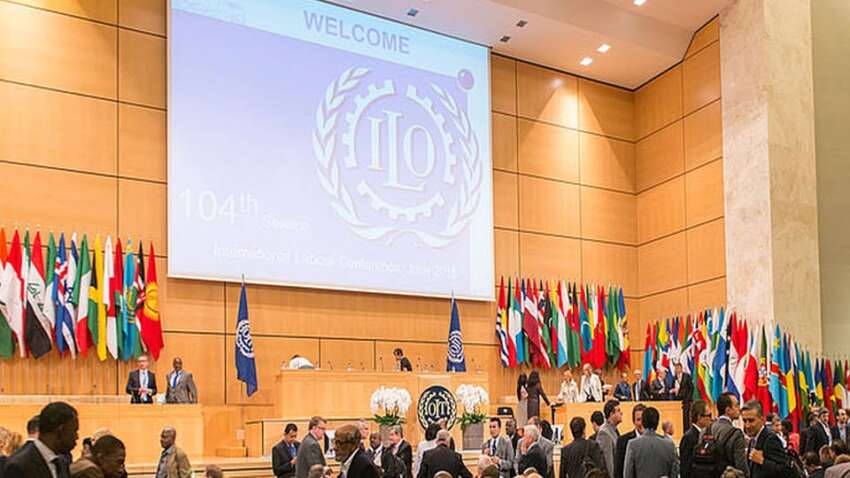
The International Labour Organization (ILO) has decided to take action against Myanmar’s military council under Article 33 during its 353rd Governing Body meeting, with the decision to be formally approved through voting at the conference scheduled for June 25, 2025. The meeting, which took place in Geneva, Switzerland from March 10 to 20, successfully established the framework for how sanctions would be implemented against the military council. The discussions specifically focused on Myanmar-related issues and determined the specific measures to be taken under Article 33.
The sanctions under ILO’s Article 33 will include measures targeting activities that violate fundamental rights such as freedom of expression, freedom of assembly, and freedom of association. The sanctions will also address forced labor practices, including the recruitment of child soldiers, use of human shields, forced portering, and other human rights violations. The measures will focus on cutting off financial flows and economic activities that enable these violations. Additionally, the sanctions will include restrictions on jet fuel supplies to prevent aerial attacks and prohibitions on arms trade. These comprehensive measures are designed to effectively pressure the military council by targeting their economic resources and operational capabilities.
The military council has been attempting to evade these sanctions through various means, including submitting false reports and conducting factory visits where they misleadingly claim that the sanctions will only harm the general public and workers. They have also established fake labor unions and created a deceptive tripartite mechanism involving the government, employers, and workers to create an illusion of legitimate labor relations. These attempts at evasion demonstrate their concern about the effectiveness of the sanctions, particularly regarding the cutting off of their financial resources. The military council’s desperate attempts to avoid these sanctions indicate their recognition of how significantly these measures could impact their ability to maintain control and fund their operations.



